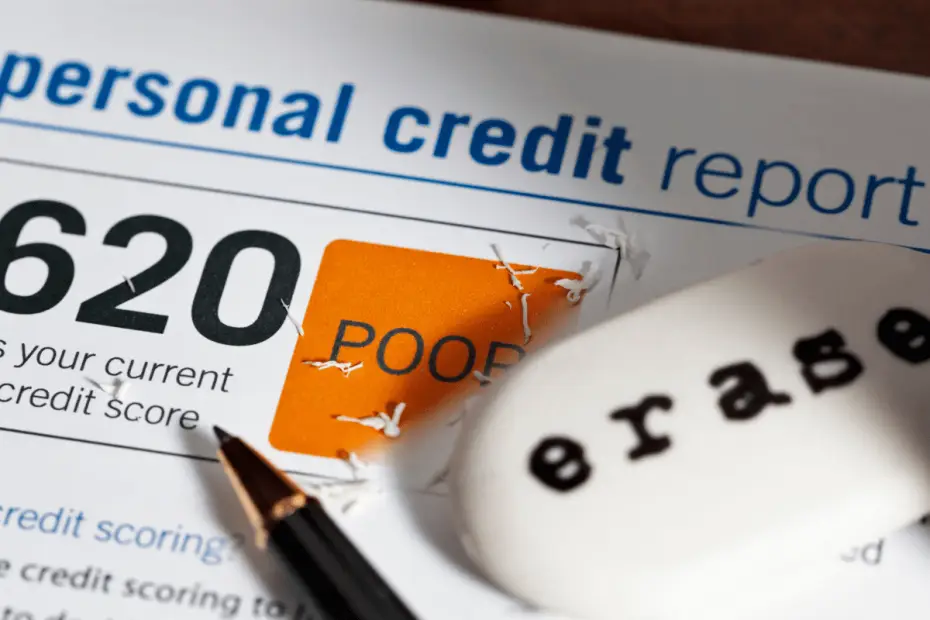How to Succeed in Applying For a Hard Money Loan Despite a Low Credit Score
Moving a real estate deal with limited financial capabilities hinders the progress of building your real estate portfolio. Loan approvals from Commercial Lenders usually take time. Traditional Lenders also depend strongly on your credit score. Traditional banks do not bend policies for this.
-
What if you need a fast loan after spotting a dream deal?
-
Do you have a construction project you plan to list on the market after?
-
Have you spotted a once-in-a-lifetime real estate rehab dream where you can more than double your profits?
-
Have you found a distressed property in a rising real estate market?
If these issues are familiar to you, they will distract you, as an investor, from a smooth real estate investment process. Read on, and discover the only answer to your problem: Hard Money Loans.
Hard Money Loans and Your Credit Score
Worry not about your credit score when you talk to hard money lenders. Although it may be a credit requirement because some Hard Money Lenders also check credit dealings like other traditional lenders, a low score or an inconsistent credit history does not mean an automatic rejection. You see, Hard Money Lenders put equal or more emphasis on your deal. But of course, there will be some compromises, especially if you are a new borrower. That is how a Hard Money Loan versus a Mortgage from a traditional lender differs significantly.
How does my Credit Score Affect my Hard Money Loan?
Hard Money Lenders will need to justify extending you a loan even if you have a not-so-ideal score and history. Here is how your low credit score affects your loan.
-
Higher interest rate – Your loan will have a higher interest rate because of the risks inherent in your deal that lenders take when approving borrowers with a low credit score.
-
Higher fees – Processing and closing fees will also be higher to help compensate for the lending risks involved in such a transaction.
-
Short-Term Loans – A shorter loan period will significantly reduce the risks involved in lending to low borrowers with low credit scores. Hard money lenders can recover their investments faster with short-term loans.
-
Lower Loan Amount – A lower loan amount forces a borrower to invest more in the deal, effectively increasing the downpayment or homeowner equity. For someone who has personally invested more in a real estate deal, it will be harder to let go of the real estate investment.
Do Hard Money Loans End in your Credit Score?
Hard Money Loans do not directly appear on your credit score because Hard Money Lenders are not usually members of the major Credit Bureaus in the United States. However, they will appear in background verification or checks, a standard procedure for lenders.
Can I Still Apply and Be Approved for a Hard Money Loan?
Despair not, however, because there are ways to help you secure funding for your real estate deal despite a low credit score. Check out the following courses of action to make your lender believe in you and your project.
Things You Can Do to Increase your Chances of an Approval
-
Make a Higher Equity or Downpayment in the project. Hard Money lenders typically require 25% equity on a deal, and the 75% LTV will be the loan amount. Thus, in this option, you will be asked to shell out a more significant amount of equity, say 30% or more of the appraisal value. Higher equity on the project shows that you will be invested more in the deal, and thus, you will be less likely to default.
-
Involve an Investor Partner. Sometimes, to mitigate a low credit score or a bad credit history, lenders will ask you to partner with someone with a stellar credit history and score. Your partner’s high credit score can mitigate your low score. Just be prepared to make adjustments in your decision-making process because now there will be more of you involved in the investment.
-
Showing lenders your repayment plans will allow them to see that you have given more than ample thought to the real estate investment. Have a cashflow analysis on hand showing how you will make the hard money loans monthly payments and that you will be financially comfortable making such payments.
-
Be ready with an exit plan. Lenders will be more comfortable giving you a loan if you have a solid exit plan for your investment. If you are investing in a flipper, what will be your plans for selling the property after rehab? If you are dealing with a rental, would you be able to secure a long-term loan and enough funding to cover the payoff balance? Note that having more than one exit plan puts you and your lender at ease with the investment.
-
If you are an experienced real estate investor with good real estate deals, you have an advantage that can give you a good starting point with lenders. An excellent real estate portfolio or a line of profitable Real Estate projects is favorable. Having these under your belt can also give you preferential rates and fee discounts.
-
When you present a project, a comprehensive rehab plan on the property will show your lender that you go to the details of your investments. A real estate plan indicates you have everything sorted out before proceeding with the project. You might also want to include your contractors and suppliers to add depth to your proposal. Having regular contractors and suppliers means that you are knowledgeable about your business.
-
Being honest about your credit score and history at the onset of your application will avert surprises during background checks. The lender might appreciate this even more because it reflects your sincerity. This way, you will have the opportunity to tell them the reason for the delays or financial setbacks and not be on the defensive.
Hard Money Lenders to the Rescue
Credit scores and credit history impact your ability to seek funding or loans from traditional and non-traditional lenders. Though hard money lenders do not solely rely on your score as a credit requirement, it is best to be truthful upfront about your history. Thus, building trust between you and the lender, with the goal of a long-term relationship. Besides, a low credit score or a less-than-ideal credit history is not a deterrent to establishing your real estate portfolio, especially with hard money lenders.
Let us help you build your real estate dreams and grow your portfolio, low credit score or not. Along the way, we may even be able to help you rebuild your credit score. Call us now at 832-770-9415, or send us an email at info@gllholdings.com.


